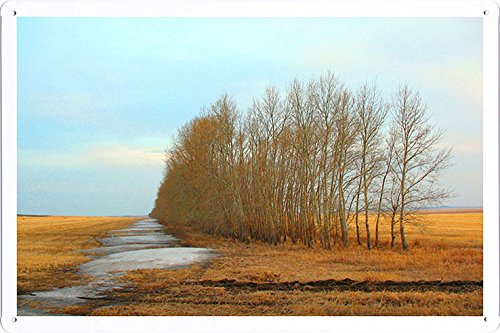 |
| Rhode Island Red |
Because hens stop laying eggs when they are brooding, breeders have selected hens that don't get broody. Broodiness is a behavioral trait that doesn't appear in the show ring, so unless breeders want it, they may select against it.
Bantams are more likely to be broody than large fowl. It's a traditional trait that allows flocks to replenish themselves, so heritage breeds should be good broody hens. Heritage breeds that brood well include Ameraucana, Aseel, Barnevelder, Brahma, Buckeye, Chantecler, Cochin, Cornish, Cubalaya, Delaware, Dominique, Dorking, Dutch, Faverolle, Hollad, Japanese, Java, Jersey Giant, Kraienkoppe, Marans, Nankins, New Hampshire, Old English Games, Orloff, Orpington, Polish, Plymouth Rock, Rhode Island Red, Silkies, Sussex, Welsummer, and Wyandotte.
All games are usually good brooders. Madagascar Games, also called Malgache, are reported to be willing to adopt chicks from other broods and of different ages. Males also sometimes adopt chicks.
adapted from
Chicken Breeds for Your Home Flock
by Christine Heinrichs
Artwork: Rhode Island Red
Hen and the Art of Chicken Maintenance
Living With Chickens
